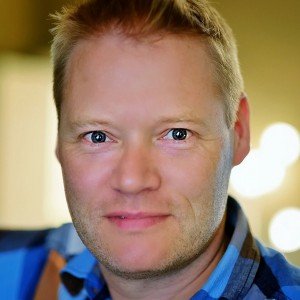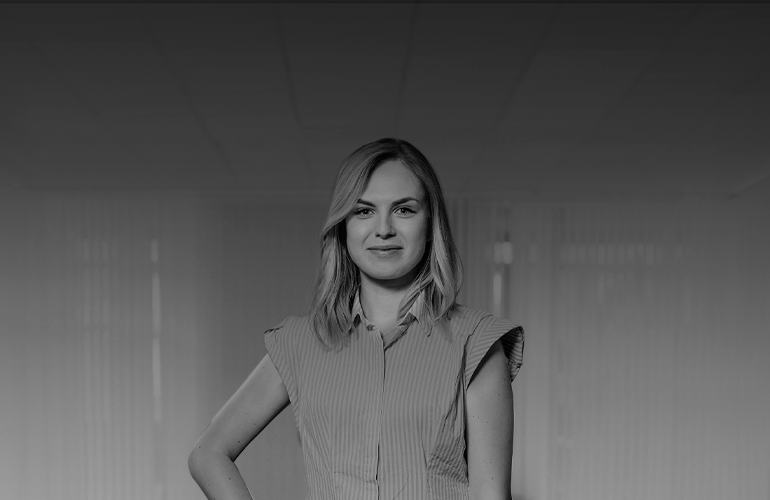
Focus is a paradox. Interview with Zeger Van Hese. Part 2
Read the first part of the interview here.
a1qa: Let`s oppose sketchnoting to “usual” notes. What makes sketchnoting so appealing to you? How can sketchnotes help with meetings, workshops, conferences?
Zeger Van Hese: I am notoriously bad at writing quickly – my handwriting doesn’t not really allow that. When I do try to write as quickly as I can, the result is less than legible. Written notes just don’t do it for me during something fast-paced like presentations or meetings. When my friend Ruud Cox introduced me to sketchnotes a couple of years ago – something he is really good at – I had to give it a try.

Sketchnotes have many advantages for me: the focus is more on central ideas and concepts, and I can draw concepts much faster than I can write out entire sentences. Drawing keeps my brain engaged during the whole presentation, where my attention would wander quickly otherwise. A drawback is that I am totally drained after a day of taking notes like that – that’s the price you pay when prolonging your attention span from 15 minutes to 6 hours, I guess. The visual aspect is also great for recall: one quick glance at a sketchnote brings back vivid memories of what was captured. I think that is because you don’t have to read whole passages of text to get what it’s about, while pictures are like a fast pass into your brain. Sketchnotes also have a great social aspect: a quick snapshot makes them sharable, and people at conferences seem to appreciate these visual summaries.
a1qa: being a regular speaker at conferences (Eurostar, StarEast…), you often talk about managing the focus while testing. Is it about tricks or management policy?
Zeger Van Hese: Finding focus in these busy times is a hot topic that seems to hit home with many. There are quite some tricks to do focused work: the (10+2)*5 procrastination hack, for instance – ideal when working on logical, easily divisible tasks. Neil Fiore also has some good pointers on focusing and dealing with procrastination in his book “The Now Habit“. Focusing is important of course, but in my talk “Testing in the age of distraction – the importance of (de)focus in testing“, I make clear that it’s not only about focusing – defocusing is equally important. Focus is a paradox – it has distraction built into it. The two are symbiotic; they are like the yin and yang of consciousness.
This is something that managers still have a hard time grasping: people always assume that you get more done when you are consciously paying attention to a problem. After all, that’s what it means to be “working on something”. But if you are trying to solve complex problems, you need to give yourself a real break. Whenever creative thinking is needed, our mind performs the best when we’re defocused.
When I ask people when or where they get their best ideas, similar answers come up. Most people will tell me “in the shower”, “in the car”, “while running”, “while walking in nature”, “when thinking about other stuff”. This came as no surprise, since I have gotten my best ideas either when running or during long commutes in the car. The thing is: ideas typically don’t occur when we are focused on tasks. They happen when the mind starts wandering. You could say that mind-wandering promotes creativity: it is the perfect condition for creative thought.
A lot of people look down upon defocusing, thinking that staying focused is the only way to get things done. But if you look at professional athletes, you will notice that rest days are an explicit part of their training programs. An athlete’s body absolutely needs to recuperate and recover in order to come out stronger. Everyone accepts that athletes rest their bodies, since they are in such a physical line of work. Is it such a crazy idea that testers, as knowledge workers, plan for rest as well to let our brains recuperate and to rejuvenate our thinking?
To put this in a testing context: we need defocus as much as we need focus. To test effectively, we need to be able to switch between different thinking styles: creative and critical thinking. To think critically, we need to be focused. To think creatively, we need to embrace defocus. Being able to manage your focus is a key skill in software testing.
Zeger thanks for sharing your views and ideas. We hope to talk to you again.







